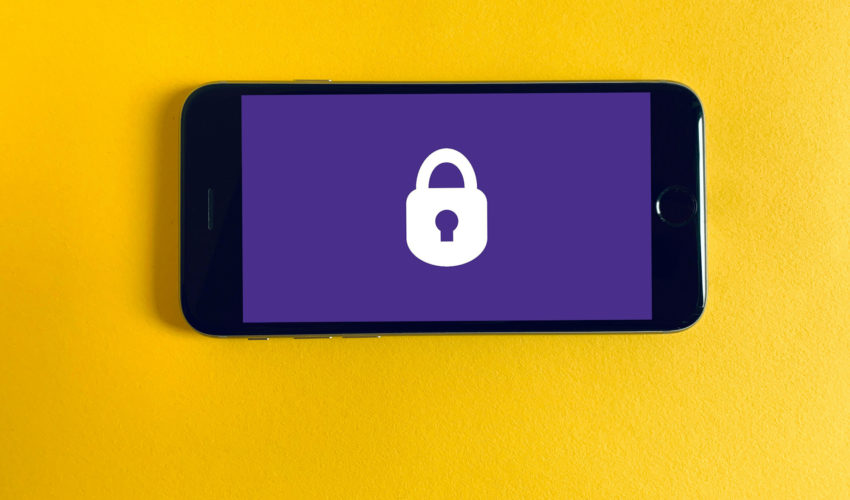SALT LAKE CITY, UTAH – Attorney General Sean D. Reyes filed a Petition for a Writ of Certiorari at the Supreme Court of the United States in Utah v. Valdez. The case involves whether and how Fifth Amendment protections apply to a defendant who refuses to provide his cellphone passcode in response to a valid search warrant.
Police arrested Respondent Alfonso Valdez for kidnapping, robbery, and assault. They obtained a valid search warrant for his cellphone – which they seized from him when he was arrested – so they could access text messages he had used to arrange the meeting with his victim. But they could not execute the warrant because Valdez refused to disclose his phone’s passcode, which was a nine-dot swipe pattern. At trial, the State introduced evidence about Valdez’s refusal to disclose his passcode and invited the jury to draw adverse inferences from his refusal. The Utah Supreme Court held this violated Valdez’s Fifth Amendment privilege against self-incrimination.
The questions presented to the U.S. Supreme Court are as follows:
- Is disclosing a cellphone passcode with no substantive meaning testimonial under the Fifth Amendment when the only information communicated is the passcode?
- Does the Fifth Amendment foregone-conclusion doctrine apply to disclosing a cellphone passcode when the government has evidence the phone belongs to the suspect?
In the brief, the State of Utah writes that the Utah Supreme Court wrongly concluded that the Fifth Amendment protected Valdez’s refusal to provide his passcode. Disclosing a cellphone passcode with no substantive meaning is not testimonial when the only information communicated is the passcode because the passcode itself doesn’t communicate anything. It’s merely a meaningless set of numbers or a meaningless swipe pattern. And even if disclosing the passcode is testimonial, the Fifth Amendment foregone-conclusion doctrine readily applies when, as here, the government has evidence the phone belongs to the suspect. Providing the passcode in that scenario “adds little or nothing to sum total of the Government’s information” about the passcode’s existence, possession, and authenticity. Thus, the Fifth Amendment did not protect Valdez’s refusal to provide his passcode.

